
Try adding the concept of a Beast-Supercomputer and Artificial-Intelligence when considering the Potpourri of Madness I've assembled on this particular website. I'm NOT an Insider. I know very-little regarding anything-significant. I've merely assembled a Nutty Study-Guide for Sirius-Researchers. I've made good on my promise to keep this insanity within this website (with the possible exception of possibly writing a very watered-down devotional-book at some point in the future). I am NOT an Authority on Anything!! I am truly a Completely Ignorant Fool with a Messiah-Complex!! We All Have Our Crosses to Bear!! Reader Beware!! Beware of Legion-Deceptions, Multiple-Bodies, and Multiple-Personalities!! Consider watching "Fallen-Angel" movies and series for various hints and tidbits. Most of the movies and series I've viewed are approximately 95% Utter-BS and 5% Good-Stuff. The movie Priest was quite interesting and upsetting!!




My threads remind me of the 2012 'Flight' pilot in that plane-crash video I posted a few posts ago, who was doing everything possible to save the lives of those onboard. I sense that this solar system is going to crash, no matter what anyone says or does, but I wish to save as many lives and souls as possible. I feel as if I've been hamstrung, strung-up, and left to twist slowly, slowly, in the wind, for all the universe to see. A relative-stranger recently told me "You Don't Listen" but they weren't specific, and I politely avoided a confrontation. Another stranger taunted me with "How did you get this job?? Did you win the lottery??" Once again, I am suggesting imagining the Ellen White stuff I'm posting being spoken by Anna (V), and/or Delenn (Babylon 5), and/or Vala Mal Doran (Stargate SG-1) as Historical-Fiction in the context of a Spacecraft!! I have NO Idea how much of this material is Absolute-Truth!! Does that make me an Adventist-Heretic?? Probably. But I don't go to church and Terrorize the Saints. I just mumble to myself on this little website. What if the Bible and Ellen White were read in the same manner as Shakespeare?? As Literature?? As Historical-Fiction?? I keep wondering what understandings might emerge from studying the following study-list for a decade?? Just Wondering.
1. The Church of England Book of Common Prayer.
2. Patriarchs and Prophets (Ellen White).
3. Job through Malachi (New King James Version).
4. Prophets and Kings (Ellen White).
5. Luke through Jude (New King James Version).
6. The Desire of Ages (Ellen White).
7. Sacred Classical Music.
Man (and Woman) Shall NOT Live by Conspiracy-Theories Alone. I assume that everything we post on the internet is monitored and recorded by someone. Perhaps alternating between the monkey-mind rat-race and emptying one's mind in stillness might be a good-thing. Reincarnation is a Wild-Card and/or Bull in a China-Closet. When I add this factor to the Religion of My Youth -- it all begins making-sense. But if we're ALL a bunch of ancient bad-boys and bad-girls -- "Disclosure" might be more of a Can of Worms than ANY of Us Can Handle. I get that the old-ways of thinking are highly-problematic YET I fear that most of the new-ways of thinking (or not thinking) might involve jumping out of the frying-pan -- and into the fire. I think Egypt is extremely-important to all-concerned -- and I honestly spent months talking to an individual of interest who said "I AM RA!!" I don't know who they REALLY were BUT they fit my imagined-description of a Modern-Incarnation of an Ancient Egyptian Deity aka God of This World. They seemed to be simultaneously Good and Evil -- and they seemed to know who I really was -- but I suspected a certain amount of lying and testing -- so I took everything they said with a sea of salt. I could go on and on -- but that's probably enough for now. I don't think anything on the internet is really confidential. I never know who I'm really communicating with -- and who might be watching and recording -- electronically and/or supernaturally. I hate the way things are -- but perhaps I had better get used to it. Sixpence None the Richer.
http://whiteestate.org/books/pk/pk16.html The evil influence that Jezebel had exercised from the first over Ahab continued during the later years of his life and bore fruit in deeds of shame and violence such as have seldom been equaled in sacred history. "There was none like unto Ahab, which did sell himself to work wickedness in the sight of the Lord, whom Jezebel his wife stirred up."
Naturally of a covetous disposition, Ahab, strengthened and sustained in wrongdoing by Jezebel, had followed the dictates of his evil heart until he was fully controlled by the spirit of selfishness. He could brook no refusal of his wishes; the things he desired he felt should by right be his.
This dominant trait in Ahab, which influenced so disastrously the fortunes of the kingdom under his successors, is revealed in an incident which took place while Elijah was still a prophet in Israel. Hard by the palace of the king was a vineyard belonging to Naboth, a Jezreelite. Ahab set his heart on possessing this vineyard, and he proposed to buy it or else to give in exchange for it another piece of land. "Give me thy vineyard," he said to Naboth, "that I may have it for a garden of herbs, because it is near unto my house: and I will give thee for it a better vineyard than it; or, if it seem good to thee, I will give thee the worth of it in money."
Naboth valued his vineyard highly because it had belonged to his fathers, and he refused to part with it. "The Lord forbid it me," he said to Ahab, "that I should give the inheritance of my fathers unto thee." According to the Levitical code no land could be transferred permanently by sale or exchange; every one of the children of Israel must "keep himself to the inheritance of the tribe of his fathers." Numbers 36:7.
Naboth's refusal made the selfish monarch ill. "Ahab came into his house heavy and displeased because of the word which Naboth the Jezreelite had spoken to him. . . . And he laid him down upon his bed, and turned away his face, and would eat no bread."
Jezebel soon learned the particulars, and, indignant that anyone should refuse the request of the king, she assured Ahab that he need no longer be sad. "Dost thou now govern the kingdom of Israel?" she said. "Arise, and eat bread, and let thine heart be merry: I will give thee the vineyard of Naboth the Jezreelite."
Ahab cared not by what means his wife might accomplish the desired object, and Jezebel immediately proceeded to carry out her wicked purpose. She wrote letters in the name of the king, sealed them with his signet, and sent them to the elders and nobles of the city where Naboth dwelt, saying: "Proclaim a fast, and set Naboth on high among the people: and set two men, sons of Belial, before him, to bear witness against him, saying, Thou didst blaspheme God and the king. And then carry him out, and stone him, that he may die."
The command was obeyed. "The men of his city, even the elders and the nobles, . . . did as Jezebel had . . . written in the letters which she had sent unto them." Then Jezebel went to the king and bade him arise and take the vineyard. And Ahab, heedless of the consequences, blindly followed her counsel and went down to take possession of the coveted property.
The king was not allowed to enjoy unrebuked that which he had gained by fraud and bloodshed. "The word of the Lord came to Elijah the Tishbite, saying, Arise, go down to meet Ahab king of Israel, which is in Samaria: behold, he is in the vineyard of Naboth, whither he is gone down to possess it. And thou shalt speak unto him, saying, Thus saith the Lord, Hast thou killed, and also taken possession?" And the Lord further instructed Elijah to pronounce upon Ahab a terrible judgment.
The prophet hastened to carry out the divine command. The guilty ruler, meeting the stern messenger of Jehovah face to face in the vineyard, gave voice to his startled fear in the words, "Hast thou found me, O mine enemy?"
Without hesitation the messenger of the Lord replied, "I have found thee: because thou hast sold thyself to work evil in the sight of the Lord. Behold, I will bring evil upon thee, and will take away thy posterity." No mercy was to be shown. The house of Ahab was to be utterly destroyed, "like the house of Jeroboam the son of Nebat, and like the house of Baasha the son of Ahijah," the Lord declared through His servant, "for the provocation wherewith thou hast provoked Me to anger, and made Israel to sin."
And of Jezebel the Lord declared, "The dogs shall eat Jezebel by the wall of Jezreel. Him that dieth of Ahab in the city the dogs shall eat; and him that dieth in the field shall the fowls of the air eat."
When the king heard this fearful message, "he rent his clothes, and put sackcloth upon his flesh, and fasted, and lay in sackcloth, and went softly.
"And the word of the Lord came to Elijah the Tishbite, saying, Seest thou how Ahab humbleth himself before Me? because he humbleth himself before Me, I will not bring the evil in his days: but in his son's days will I bring the evil upon his house."
It was less than three years later that King Ahab met his death at the hands of the Syrians. Ahaziah, his successor, "did evil in the sight of the Lord, and walked in the way of his father, and in the way of his mother, and in the way of Jeroboam." "He served Baal, and worshiped him, and provoked to anger the Lord God of Israel," as his father Ahab had done. 1 Kings 22:52, 53. But judgments followed close upon the sins of the rebellious king. A disastrous war with Moab, and then an accident by which his own life was threatened, attested to God's wrath against him.
Having fallen "through a lattice in his upper chamber," Ahaziah, seriously injured, and fearful of the possible outcome, sent some of his servants to make inquiry of Baalzebub, the god of Ekron, whether he should recover or not. The god of Ekron was supposed to give information, through the medium of its priests, concerning future events. Large numbers of people went to inquire of it; but the predictions there uttered, and the information given, proceeded from the prince of darkness.
Ahaziah's servants were met by a man of God, who directed them to return to the king with the message: "Is it because there is no God in Israel, that ye go to inquire of Baal-zebub, the god of Ekron? Now therefore thus saith Jehovah, Thou shalt not come down from the bed whither thou art gone up, but shalt surely die." Having delivered his message, the prophet departed.
The astonished servants hastened back to the king, and repeated to him the words of the man of God. The king inquired, "What manner of man was he?" They answered, "He was an hairy man, and girt with a girdle of leather about his loins." "It is Elijah the Tishbite," Ahaziah exclaimed. He knew that if the stranger whom his messengers had met was indeed Elijah, the words of doom pronounced would surely come to pass. Anxious to avert, if possible, the threatened judgment, he determined to send for the prophet.
Twice Ahaziah sent a company of soldiers to intimidate the prophet, and twice the wrath of God fell upon them in judgment. The third company of soldiers humbled themselves before God; and their captain, as he approached the Lord's messenger, "fell on his knees before Elijah, and besought him, and said unto him, O man of God, I pray thee, let my life, and the life of these fifty thy servants, be precious in thy sight."
"The angel of Jehovah said unto Elijah, Go down with him: be not afraid of him. And he arose, and went down with him unto the king. And he said unto him, Thus saith Jehovah, Forasmuch as thou hast sent messengers to inquire of Baal-zebub, the god of Ekron, is it because there is no God in Israel to inquire of His word? therefore thou shalt not come down from the bed whither thou art gone up, but shalt surely die."
During the father's reign, Ahaziah had witnessed the wondrous works of the Most High. He had seen the terrible evidences that God had given apostate Israel of the way in which He regards those who set aside the binding claims of His law. Ahaziah had acted as if these awful realities were but idle tales. Instead of humbling his heart before the Lord, he had followed after Baal, and at last he had ventured upon this, his most daring act of impiety. Rebellious, and unwilling to repent, Ahaziah died, "according to the word of the Lord which Elijah had spoken."
The history of King Ahaziah's sin and its punishment has in it a warning which none can disregard with impunity. Men today may not pay homage to heathen gods, yet thousands are worshiping at Satan's shrine as verily as did the king of Israel. The spirit of idolatry is rife in the world today, although, under the influence of science and education, it has assumed forms more refined and attractive than in the days when Ahaziah sought to the god of Ekron. Every day adds its sorrowful evidence that faith in the sure word of prophecy is decreasing, and that in its stead superstition and satanic witchery are captivating the minds of many.
Today the mysteries of heathen worship are replaced by the secret association and seances, the obscurities and wonders, of spiritistic mediums. The disclosures of these mediums are eagerly received by thousands who refuse to accept light from God's word or through His Spirit. Believers in spiritism may speak with scorn of the magicians of old, but the great deceiver laughs in triumph as they yield to his arts under a different form.
There are many who shrink with horror from the thought of consulting spirit mediums, but who are attracted by more pleasing forms of spiritism. Others are led astray by the teachings of Christian Science, and by the mysticism of Theosophy and other Oriental religions.
The apostles of nearly all forms of spiritism claim to have power to heal. They attribute this power to electricity, magnetism, the so-called "sympathetic remedies," or to latent forces within the mind of man. And there are not a few, even in this Christian age, who go to these healers, instead of trusting in the power of the living God and the skill of well-qualified physicians. The mother, watching by the sickbed of her child, exclaims, "I can do no more. Is there no physician who has power to restore my child?" She is told of the wonderful cures performed by some clairvoyant or magnetic healer, and she trusts her dear one to his charge, placing it as verily in the hand of Satan as if he were standing by her side. In many instances the future life of the child is controlled by a satanic power which it seems impossible to break.
God had cause for displeasure at Ahaziah's impiety. What had He not done to win the hearts of the people of Israel and to inspire them with confidence in Himself? For ages He had been giving His people manifestations of unexampled kindness and love. From the beginning He had shown that His "delights were with the sons of men." Proverbs 8:31. He had been a very present help to all who sought Him in sincerity. Yet now the king of Israel, turning from God to ask help of the worst enemy of his people, proclaimed to the heathen that he had more confidence in their idols than in the God of heaven. In the same manner do men and women dishonor Him when they turn from the Source of strength and wisdom to ask help or counsel from the powers of darkness. If God's wrath was kindled by Ahaziah's act, how does He regard those who, having still greater light, choose to follow a similar course?
Those who give themselves up to the sorcery of Satan, may boast of great benefit received; but does this prove their course to be wise or safe? What if life should be prolonged? What if temporal gain should be secured? Will it pay in the end to have disregarded the will of God? All such apparent gain will prove at last an irrecoverable loss. We cannot with impunity break down a single barrier which God has erected to guard His people from Satan's power.
As Ahaziah had no son, he was succeeded by Jehoram, his brother, who reigned over the ten tribes for twelve years. Throughout these years his mother, Jezebel, was still living, and she continued to exercise her evil influence over the affairs of the nation. Idolatrous customs were still practiced by many of the people. Jehoram himself "wrought evil in the sight of the Lord; but not like his father, and like his mother: for he put away the image of Baal that his father had made. Nevertheless he cleaved unto the sins of Jereboam the son of Nebat, which made Israel to sin; he departed not therefrom." 2 Kings 3:2, 3.
It was during Jehoram's reign over Israel that Jehoshaphat died, and Jehoshaphat's son, also named Jehoram, ascended the throne of the kingdom of Judah. By his marriage with the daughter of Ahab and Jezebel, Jehoram of Judah was closely connected with the king of Israel; and in his reign he followed after Baal, "like as did the house of Ahab." "Moreover he made high places in the mountains of Judah, and caused the inhabitants of Jerusalem to commit fornication, and compelled Judah thereto." 2 Chronicles 21:6, 11.
The king of Judah was not permitted to continue his terrible apostasy unreproved. The prophet Elijah had not yet been translated, and he could not remain silent while the kingdom of Judah was pursuing the same course that had brought the northern kingdom to the verge of ruin. The prophet sent to Jehoram of Judah a written communication, in which the wicked king read the awful words:
"Thus saith the Lord God of David thy father, Because thou hast not walked in the ways of Jehoshaphat thy father, nor in the ways of Asa king of Judah, but hast walked in the way of the kings of Israel, and hast made Judah and the inhabitants of Jerusalem to go a whoring, like to the whoredoms of the house of Ahab, and also hast slain thy brethren of thy father's house, which were better than thyself: behold, with a great plague will the Lord smite thy people, and thy children, and thy wives, and all thy goods: and thou shalt have great sickness."
In fulfillment of this prophecy "the Lord stirred up against Jehoram the spirit of the Philistines, and of the Arabians, that were near the Ethiopians: and they came up into Judah, and brake into it, and carried away all the substance that was found in the king's house, and his sons also, and his wives; so that there was never a son left him, save Jehoahaz [Ahaziah, Azariah], the youngest of his sons.
"And after all this the Lord smote him in his bowels with an incurable disease. And it came to pass, that in process of time, after the end of two years, . . . he died of sore diseases." "And Ahaziah [Jehoahaz] his son reigned in his stead." Verses 12:19; 2 Kings 8:24.
Jehoram the son of Ahab was still reigning in the kingdom of Israel when his nephew, Ahaziah, came to the throne of Judah. Ahaziah ruled only one year, and during this time, influenced by his mother, Athaliah, "his counselor to do wickedly," "he walked in the way of the house of Ahab, and did evil in the sight of the Lord." 2 Chronicles 22:3, 4; 2 Kings 8:27. Jezebel, his grandmother, was still living, and he allied himself boldly with Jehoram of Israel, his uncle.
Ahaziah of Judah soon met a tragic end. The surviving members of the house of Ahab were indeed "his counselors after the death of his father to his destruction." 2 Chronicles 22:3, 4. While Ahaziah was visiting his uncle at Jezreel, the prophet Elisha was divinely directed to send one of the sons of the prophets to Ramothgilead to anoint Jehu king of Israel. The combined forces of Judah and Israel were at that time engaged in a military campaign against the Syrians of Ramothgilead. Jehoram had been wounded in battle, and had returned to Jezreel, leaving Jehu in charge of the royal armies.
In anointing Jehu, the messenger of Elisha declared, "I have anointed thee king over the people of the Lord, even over Israel." And then he solemnly charged Jehu with a special commission from heaven. "Thou shalt smite the house of Ahab thy master," the Lord declared through His messenger, "that I may avenge the blood of My servants the prophets, and the blood of all the servants of the Lord, at the hand of Jezebel. For the whole house of Ahab shall perish." 2 Kings 9:6-8.
After he had been proclaimed king by the army, Jehu hastened to Jezreel, where he began his work of execution on those who had deliberately chosen to continue in sin and to lead others into sin. Jehoram of Israel, Ahaziah of Judah, and Jezebel the queen mother, with "all that remained of the house of Ahab in Jezreel, and all his great men, and his kinsfolks, and his priests," were slain. "All the prophets of Baal, all his servants, and all his priests" dwelling at the center of Baal worship near Samaria, were put to the sword. The idolatrous images were broken down and burned, and the temple of Baal was laid in ruins. "Thus Jehu destroyed Baal out of Israel." 2 Kings 10:11, 19,28.
Tidings of this general execution reached Athaliah, Jezebel's daughter, who still occupied a commanding position in the kingdom of Judah. When she saw that her son, the king of Judah, was dead, "she arose and destroyed all the seed royal of the house of Judah." In this massacre all the descendants of David who were eligible to the throne were destroyed, save one, a babe named Joash, whom the wife of Jehoiada the high priest hid within the precincts of the temple. For six years the child remained hidden, while "Athaliah reigned over the land." 2 Chronicles 22:10, 12.
At the end of this time, "the Levites and all Judah" (2 Chronicles 23:
"Now when Athaliah heard the noise of the people running and praising the king, she came to the people into the house of the Lord." 2 Chronicles 23:12. "And when she looked, behold, the king stood by a pillar, as the manner was, and the princes and the trumpeters by the king, and all the people of the land rejoiced, and blew with trumpets."
"Athaliah rent her clothes, and cried, Treason, Treason." 2 Kings 11:14. But Jehoiada commanded the officers to lay hold of Athaliah and all her followers and lead them out of the temple to a place of execution, where they were to be slain.
Thus perished the last member of the house of Ahab. The terrible evil that had been wrought through his alliance with Jezebel, continued till the last of his descendants was destroyed. Even in the land of Judah, where the worship of the true God had never been formally set aside, Athaliah had succeeded in seducing many. Immediately after the execution of the impenitent queen "all the people of the land went into the house of Baal, and brake it down; his altars and his images brake they in pieces thoroughly, and slew Mattan the priest of Baal before the altars." Verse 18.
A reformation followed. Those who took part in acclaiming Joash king, had solemnly covenanted "that they should be the Lord's people." And now that the evil influence of the daughter of Jezebel had been removed from the kingdom of Judah, and the priests of Baal had been slain and their temple destroyed, "all the people of the land rejoiced: and the city was quiet." 2 Chronicles 23:16, 21.
http://whiteestate.org/books/pk/pk17.html God had bidden Elijah anoint another to be prophet in his stead. "Elisha the son of Shaphat . . . shalt thou anoint to be prophet in thy room" (1 Kings 19:16), He had said; and in obedience to the command, Elijah went to find Elisha. As he journeyed northward, how changed was the scene from what it had been only a short while before! Then the ground was parched, the farming districts unworked, for neither dew nor rain had fallen for three and a half years. Now on every hand vegetation was springing up as if to redeem the time of drought and famine.
Elisha's father was a wealthy farmer, a man whose household were among the number that in a time of almost universal apostasy had not bowed the knee to Baal. Theirs was a home where God was honored and where allegiance to the faith of ancient Israel was the rule of daily life. In such surroundings the early years of Elisha were passed. In the quietude of country life, under the teaching of God and nature and the discipline of useful work, he received the training in habits of simplicity and of obedience to his parents and to God that helped to fit him for the high position he was afterward to occupy.
The prophetic call came to Elisha while, with his father's servants, he was plowing in the field. He had taken up the work that lay nearest. He possessed both the capabilities of a leader among men and the meekness of one who is ready to serve. Of a quiet and gentle spirit, he was nevertheless energetic and steadfast. Integrity, fidelity, and the love and fear of God were his, and in the humble round of daily toil he gained strength of purpose and nobleness of character, constantly increasing in grace and knowledge. While co-operating with his father in the home-life duties, he was learning to co-operate with God.
By faithfulness in little things, Elisha was preparing for weightier trusts. Day by day, through practical experience, he gained a fitness for a broader, higher work. He learned to serve; and in learning this, he learned also how to instruct and lead. The lesson is for all. None can know what may be God's purpose in His discipline; but all may be certain that faithfulness in little things is the evidence of fitness for greater responsibilities. Every act of life is a revelation of character, and he only who in small duties proves himself "a workman that needeth not to be ashamed" can be honored by God with higher service. 2 Timothy 2:15.
He who feels that it is of no consequence how he performs the smaller tasks proves himself unfit for a more honored position. He may think himself fully competent to take up the larger duties; but God looks deeper than the surface.
After test and trial, there is written against him the sentence, "Thou art weighed in the balances, and art found wanting." His unfaithfulness reacts upon himself. He fails of gaining the grace, the power, the force of character, which is received through unreserved surrender.
Because they are not connected with some directly religious work, many feel that their lives are useless, that they are doing nothing for the advancement of God's kingdom. If they could do some great thing how gladly they would undertake it! But because they can serve only in little things, they think themselves justified in doing nothing. In this they err. A man may be in the active service of God while engaged in the ordinary, everyday duties--while felling trees, clearing the ground, or following the plow. The mother who trains her children for Christ is as truly working for God as is the minister in the pulpit.
Many long for special talent with which to do a wonderful work, while the duties lying close at hand, the performance of which would make the life fragrant, are lost sight of. Let such ones take up the duties lying directly in their pathway. Success depends not so much on talent as on energy and willingness. It is not the possession of splendid talents that enables us to render acceptable service, but the conscientious performance of daily duties, the contented spirit, the unaffected, sincere interest in the welfare of others. In the humblest lot true excellence may be found. The commonest tasks, wrought with loving faithfulness, are beautiful in God's sight.
As Elijah, divinely directed in seeking a successor, passed the field in which Elisha was plowing, he cast upon the young man's shoulders the mantle of consecration. During the famine the family of Shaphat had become familiar with the work and mission of Elijah, and now the Spirit of God impressed Elisha's heart as to the meaning of the prophet's act. To him it was the signal that God had called him to be the successor of Elijah.
"And he left the oxen, and ran after Elijah, and said, Let me, I pray thee, kiss my father and my mother, and then I will follow thee." "Go back again," was Elijah's answer, "for what have I done to thee?" This was not a repulse, but a test of faith. Elisha must count the cost--decide for himself to accept or reject the call. If his desires clung to his home and its advantages, he was at liberty to remain there. But Elisha understood the meaning of the call. He knew it was from God, and he did not hesitate to obey, Not for any worldly advantage would he forgo the opportunity of becoming God's messenger or sacrifice the privilege of association with His servant. He "took a yoke of oxen, and slew them, and boiled their flesh with the instruments of the oxen, and gave unto the people, and they did eat. Then he arose, and went after Elijah, and ministered unto him." 1 Kings 19:20, 21. Without hesitation he left a home where he was beloved, to attend the prophet in his uncertain life.
Had Elisha asked Elijah what was expected of him,--what would be his work,--he would have been answered: God knows; He will make it known to you. If you wait upon the Lord, He will answer your every question. You may come with me if you have evidence that God has called you. Know for yourself that God stands back of me, and that it is His voice you hear. If you can count everything but dross that you may win the favor of God, come.
Similar to the call that came to Elisha was the answer given by Christ to the young ruler who asked Him the question, "What good thing shall I do, that I may have eternal life?" "If thou wilt be perfect," Christ replied, "go and sell that thou hast, and give to the poor, and thou shalt have treasure in heaven: and come and follow Me." Matthew 19:16, 21.
Elisha accepted the call to service, casting no backward glance at the pleasures and comforts he was leaving. The young ruler, when he heard the Saviour's words, "went away sorrowful: for he had great possessions." Verse 22. He was not willing to make the sacrifice. His love for his possessions was greater than his love for God. By his refusal to renounce all for Christ, he proved himself unworthy of a place in the Master's service.
The call to place all on the altar of service comes to each one. We are not all asked to serve as Elisha served, nor are we all bidden to sell everything we have; but God asks us to give His service the first place in our lives, to allow no day to pass without doing something to advance His work in the earth. He does not expect from all the same kind of service. One may be called to ministry in a foreign land; another may be asked to give of his means for the support of gospel work. God accepts the offering of each. It is the consecration of the life and all its interests, that is necessary. Those who make this consecration will hear and obey the call of Heaven.
To everyone who becomes a partaker of His grace, the Lord appoints a work for others. Individually we are to stand in our lot, saying, "Here am I; send me." Whether a man be a minister of the Word or a physician, whether he be merchant or farmer, professional man or mechanic, the responsibility rests upon him. It is his work to reveal to others the gospel of their salvation. Every enterprise is which he engages should be a means to this end.
It was no great work that was at first required of Elisha; commonplace duties still constituted his discipline. He is spoken of as pouring water on the hands of Elijah, his master. He was willing to do anything that the Lord directed, and at every step he learned lessons of humility and service. As the prophet's personal attendant, he continued to prove faithful in little things, while with daily strengthening purpose he devoted himself to the mission appointed him by God.
Elisha's life after uniting with Elijah was not without temptations. Trials he had in abundance; but in every emergency he relied on God. He was tempted to think of the home that he had left, but to this temptation he gave no heed. Having put his hand to the plow, he was resolved not to turn back, and through test and trial he proved true to his trust.
Ministry comprehends far more than preaching the word. It means training young men as Elijah trained Elisha, taking them from their ordinary duties, and giving them responsibilities to bear in God's work--small responsibilities at first, and larger ones as they gain strength and experience. There are in the ministry men of faith and prayer, men who can say, "That which was from the beginning, which we have heard, which we have seen with our eyes, which we have looked upon, and our hands have handled, of the Word of life; . . . that which we have seen and heard declare we unto you." 1 John 1:1-3. Young, inexperienced workers should be trained by actual labor in connection with these experienced servants of God. Thus they will learn how to bear burdens.
Those who undertake this training of young workers are doing noble service. The Lord Himself co-operates with their efforts. And the young men to whom the word of consecration has been spoken, whose privilege it is to be brought into close association with earnest, godly workers, should make the most of their opportunity. God has honored them by choosing them for His service and by placing them where they can gain greater fitness for it, and they should be humble, faithful, obedient, and willing to sacrifice. If they submit to God's discipline, carrying out His directions and choosing His servants as their counselors, they will develop into righteous, high-principled, steadfast men, whom God can entrust with responsibilities.
As the gospel is proclaimed in its purity, men will be called from the plow and from the common commercial business vocations that largely occupy the mind and will be educated in connection with men of experience. As they learn to labor effectively, they will proclaim the truth with power. Through most wonderful workings of divine providence, mountains of difficulty will be removed and cast into the sea. The message that means so much to the dwellers upon the earth will be heard and understood. Men will know what is truth. Onward and still onward the work will advance until the whole earth shall have been warned, and then shall the end come.
For several years after the call of Elisha, Elijah and Elisha labored together, the younger man daily gaining greater preparedness for his work. Elijah had been God's instrument for the overthrow of gigantic evils. The idolatry which, supported by Ahab and the heathen Jezebel, had seduced the nation, had been given a decided check. Baal's prophets had been slain. The whole people of Israel had been deeply stirred, and many were returning to the worship of God. As Elijah's successor, Elisha, by careful, patient instruction, must endeavor to guide Israel in safe paths. His association with Elijah, the greatest prophet since the days of Moses, prepared him for the work that he was soon to take up alone.
During these years of united ministry, Elijah from time to time was called upon to meet flagrant evils with stern rebuke. When wicked Ahab seized Naboth's vineyard, it was the voice of Elijah that prophesied his doom and the doom of all his house. And when Ahaziah, after the death of his father Ahab, turned from the living God to Baal-zebub, the god of Ekron, it was Elijah's voice that was heard once more in earnest protest.
The schools of the prophets, established by Samuel, had fallen into decay during the years of Israel's apostasy. Elijah re-established these schools, making provision for young men to gain an education that would lead them to magnify the law and make it honorable. Three of these schools, one at Gilgal, one at Bethel, and one at Jericho, are mentioned in the record. Just before Elijah was taken to heaven, he and Elisha visited these centers of training. The lessons that the prophet of God had given them on former visits, he now repeated. Especially did he instruct them concerning their high privilege of loyally maintaining their allegiance to the God of heaven. He also impressed upon their minds the importance of letting simplicity mark every feature of their education. Only in this way could they receive the mold of heaven and go forth to work in the ways of the Lord.
The heart of Elijah was cheered as he saw what was being accomplished by means of these schools. The work of reformation was not complete, but he could see throughout the kingdom a verification of the word of the Lord, "Yet I have left Me seven thousand in Israel, all the knees which have not bowed unto Baal." 1 Kings 19:18.
As Elisha accompanied the prophet on his round of service from school to school, his faith and resolution were once more tested. At Gilgal, and again at Bethel and Jericho, he was invited by the prophet to turn back. "Tarry here, I pray thee," Elijah said; "for the Lord hath sent me to Bethel." But in his early labor of guiding the plow, Elisha had learned not to fail or to become discouraged, and now that he had set his hand to the plow in another line of duty he would not be diverted from his purpose. He would not be parted from his master, so long as opportunity remained for gaining a further fitting up for service. Unknown to Elijah, the revelation that he was to be translated had been made known to his disciples in the schools of the prophets, and in particular to Elisha. And now the tried servant of the man of God kept close beside him. As often as the invitation to turn back was given, his answer was, "As the Lord liveth, and as thy soul liveth, I will not leave thee."
"And they two went on. . . . And they two stood by Jordan. And Elijah took his mantle, and wrapped it together, and smote the waters, and they were divided hither and thither, so that they two went over on dry ground. And it came to pass, when they were gone over, that Elijah said unto Elisha, Ask what I shall do for thee, before I be taken away from thee."
Elisha asked not for worldly honor, or for a high place among the great men of earth. That which he craved was a large measure of the Spirit that God had bestowed so freely upon the one about to be honored with translation.
He knew that nothing but the Spirit which had rested upon Elijah could fit him to fill the place in Israel to which God had called him, and so he asked, "I pray thee, let a double portion of thy Spirit be upon me."
In response to this request, Elijah said, "Thou hast asked a hard thing: nevertheless, if thou see me when I am taken from thee, it shall be so unto thee; but if not, it shall not be so. And it came to pass, as they still went on, and talked, that, behold, there appeared a chariot of fire, and horses of fire, and parted them both asunder; and Elijah went up by a whirlwind into heaven." See 2 Kings 2:1-11.
Elijah was a type of the saints who will be living on the earth at the time of the second advent of Christ and who will be "changed, in a moment, in the twinkling of an eye, at the last trump," without tasting of death. 1 Corinthians 15:51, 52. It was as a representative of those who shall be thus translated that Elijah, near the close of Christ's earthly ministry, was permitted to stand with Moses by the side of the Saviour on the mount of transfiguration. In these glorified ones, the disciples saw in miniature a representation of the kingdom of the redeemed. They beheld Jesus clothed with the light of heaven; they heard the "voice out of the cloud" (Luke 9:35), acknowledging Him as the Son of God; they saw Moses, representing those who will be raised from the dead at the time of the second advent; and there also stood Elijah, representing those who at the close of earth's history will be changed from mortal to immortal and be translated to heaven without seeing death.
In the desert, in loneliness and discouragement, Elijah had said that he had had enough of life and had prayed that he might die. But the Lord in His mercy had not taken him at his word. There was yet a great work for Elijah to do; and when his work was done, he was not to perish in discouragement and solitude. Not for him the descent into the tomb, but the ascent with God's angels to the presence of His glory.
"And Elisha saw it, and he cried, My father, my father, the chariot of Israel, and the horsemen thereof. And he saw him no more: and he took hold of his own clothes, and rent them in two pieces. He took up also the mantle of Elijah that fell from him, and went back, and stood by the bank of Jordan; and he took the mantle of Elijah that fell from him, and smote the waters, and said, Where is the Lord God of Elijah? and when he also had smitten the waters, they parted hither and thither: and Elisha went over. And when the sons of the prophets which were to view at Jericho saw him, they said, The Spirit of Elijah doth rest on Elisha. And they came to meet him, and bowed themselves to the ground before him." 2 Kings 2:12-15.
When the Lord in His providence sees fit to remove from His work those to whom He has given wisdom, He helps and strengthens their successors, if they will look to Him for aid and will walk in His ways. They may be even wiser than their predecessors; for they may profit by their experience and learn wisdom from their mistakes.
Henceforth Elisha stood in Elijah's place. He who had been faithful in that which was least was to prove himself faithful also in much.




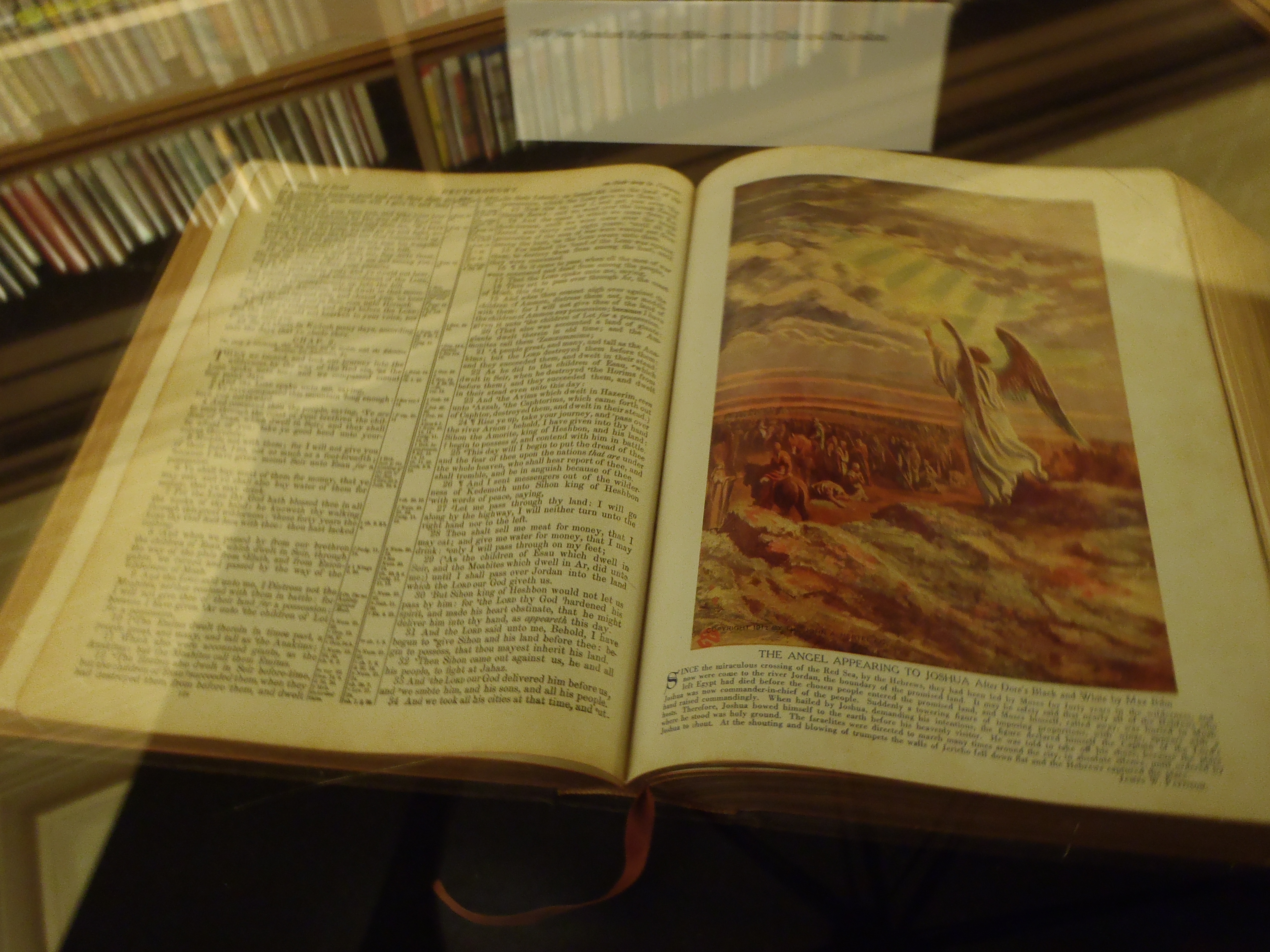
orthodoxymoron wrote:As an alternative to reading the Bible straight-through, over and over OR reading Proof-Passages (here a little, there a little), consider reading Job through Daniel side by side with Luke through Jude -- straight-through, over and over. This reflects my biases regarding theological and devotional importance, which might be flawed, yet I still think this approach is somewhat legitimate, especially if each group is used to interpret itself, rather than being interpreted or vetoed by 'outsiders'!! I'm not sure the Bible really teaches what the teachers and preachers teach and preach!! The Bible can be made to say just about anything!! Each church picks and chooses certain passages to make their case for a doctrinal-statement, which then becomes the gold-standard for their particular organization. This is probably organizationally-expedient, yet the real-truth probably gets crucified in the process. A proper commentary covering the two groups mentioned would be necessary to provide a proper context, yet most commentaries use other portions of scripture to interpret and apply the content of each group. No one usually responds to my posts on this thread, but I've gotten used to that, and I'm OK with talking to myself (online and in real-life)!! It's easier that way!!

"I'm the Nasty Little Horn!!"





































 (Yeah, yeah, 'opinions are like a-holes, everybody's got one'.)
(Yeah, yeah, 'opinions are like a-holes, everybody's got one'.) At present, we're in a quiet forum as far as member involvement goes. You could join a different forum with more active members and then they will pounce on you. It can get a bit much -- trust me. Sometimes, quiet is nice. But, like you, I could do with a few more voices around here.
At present, we're in a quiet forum as far as member involvement goes. You could join a different forum with more active members and then they will pounce on you. It can get a bit much -- trust me. Sometimes, quiet is nice. But, like you, I could do with a few more voices around here. ).
). 













































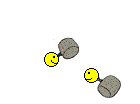















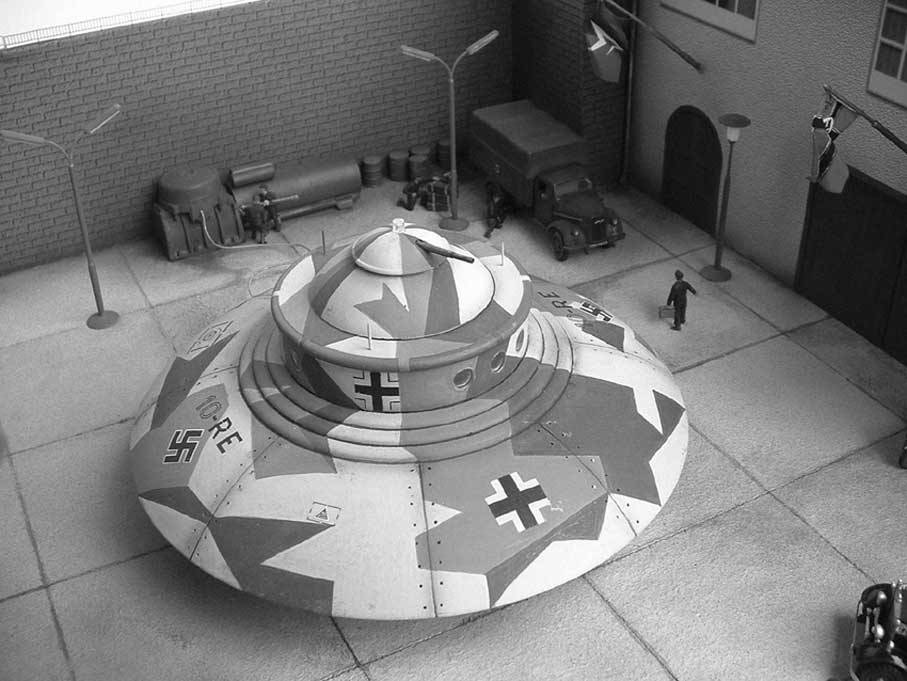































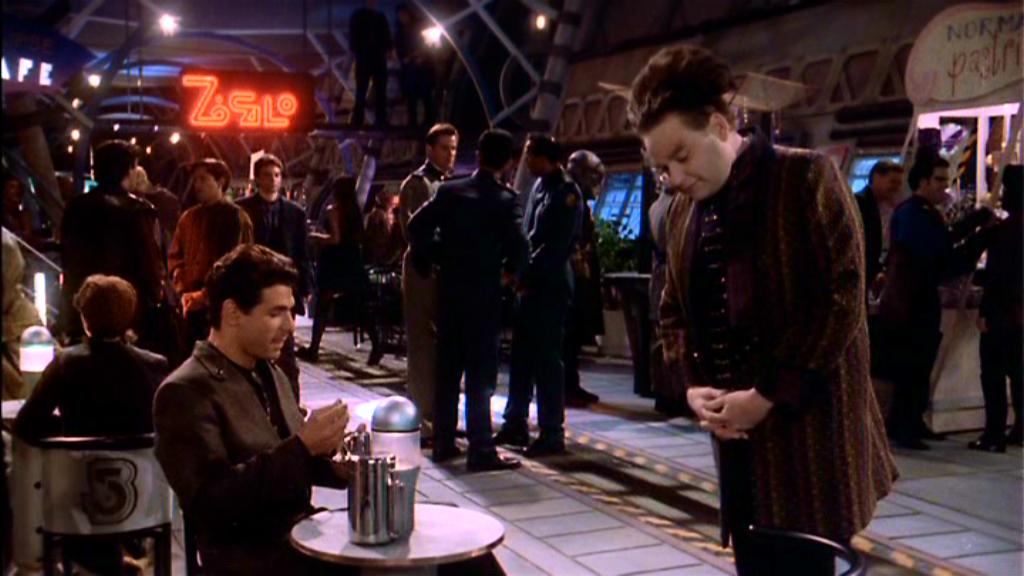


































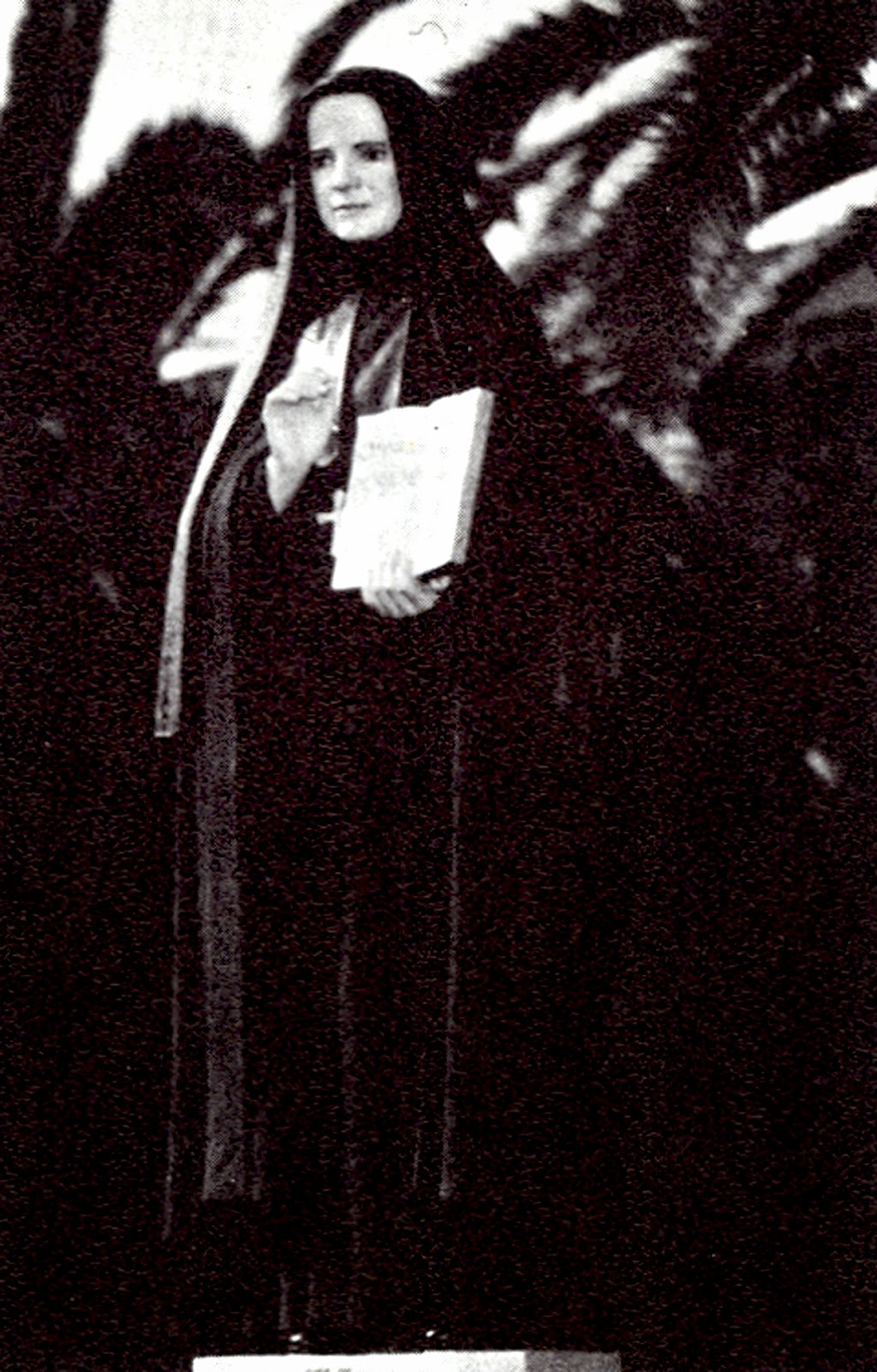
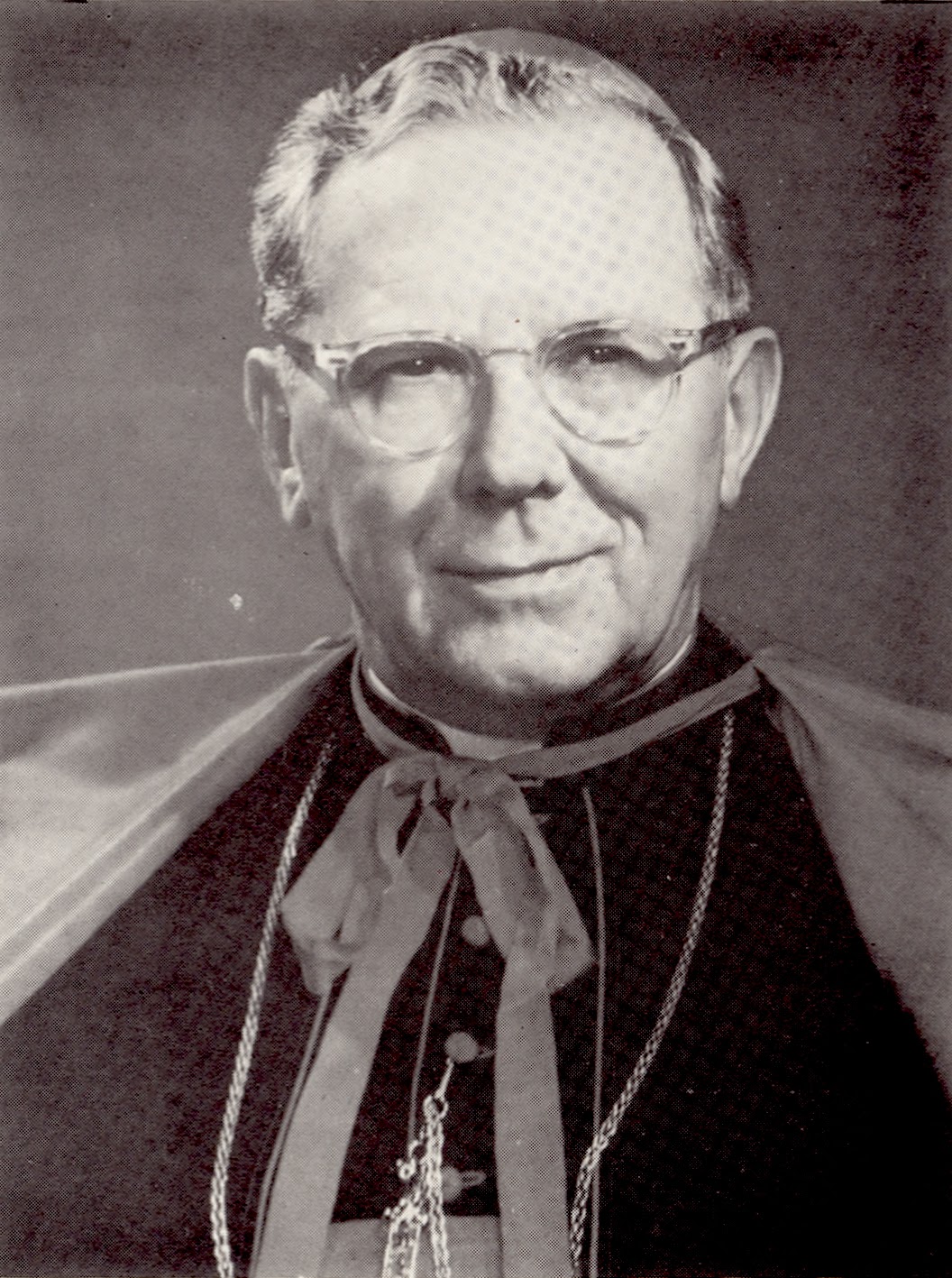
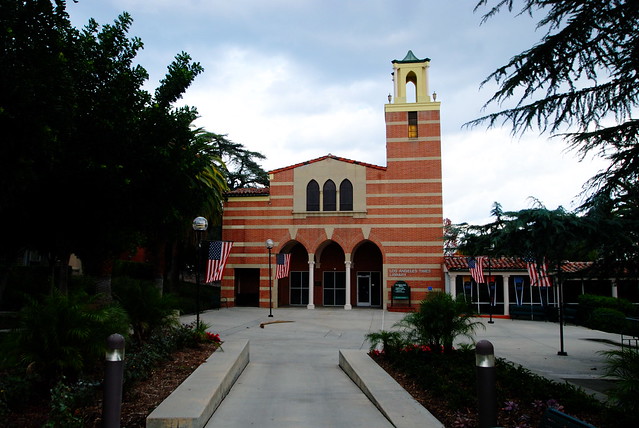



























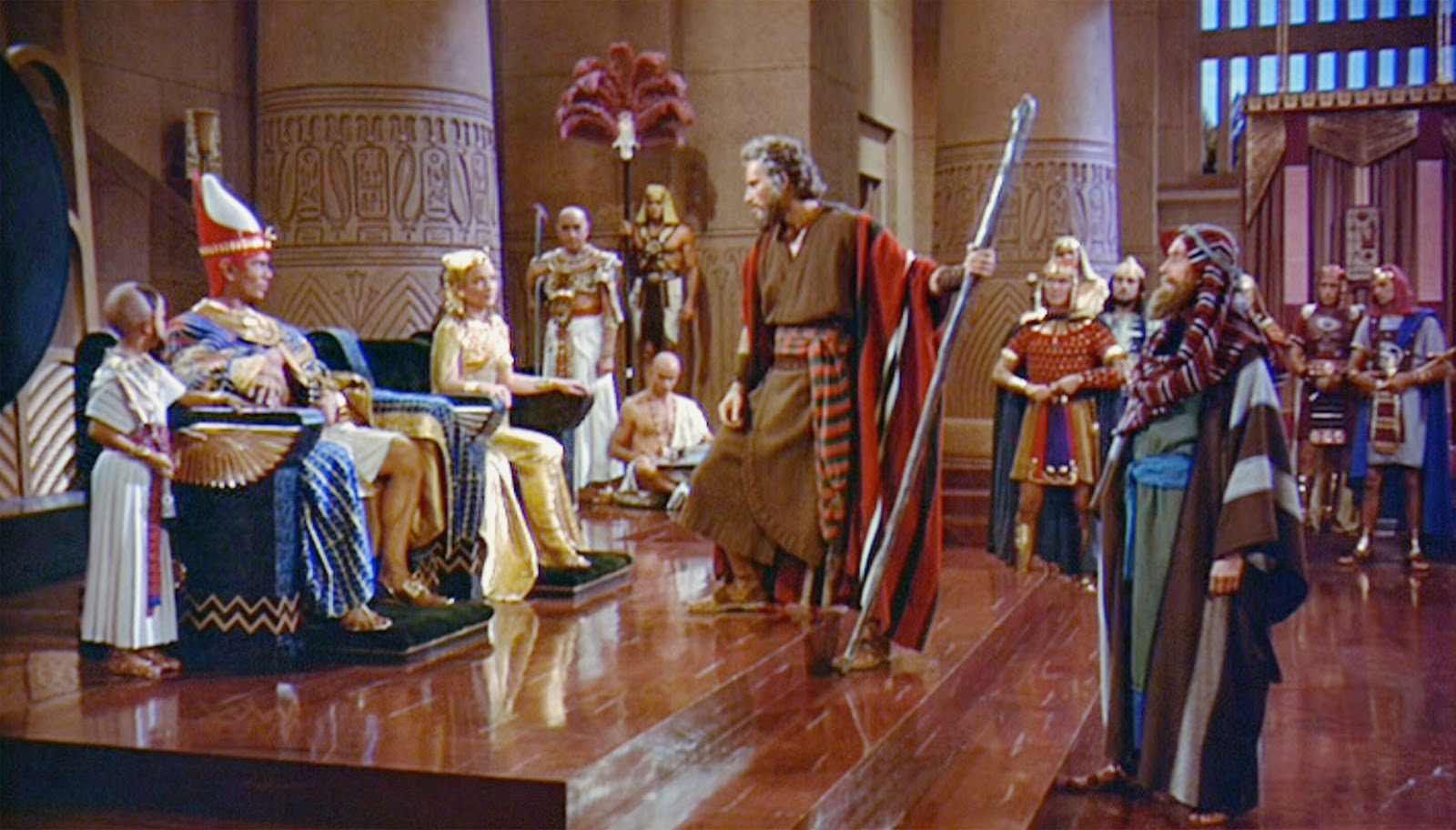














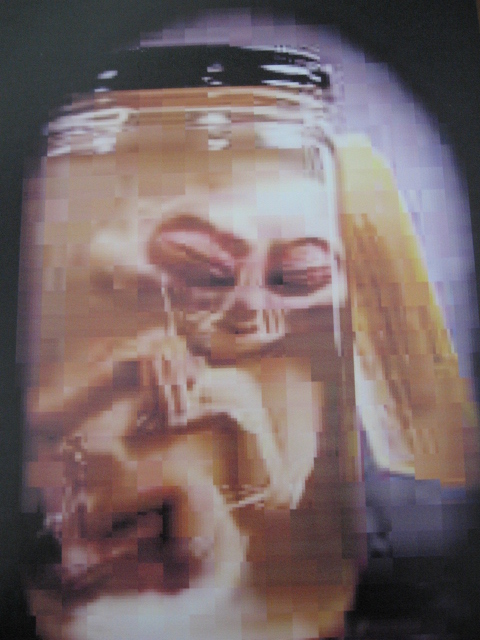






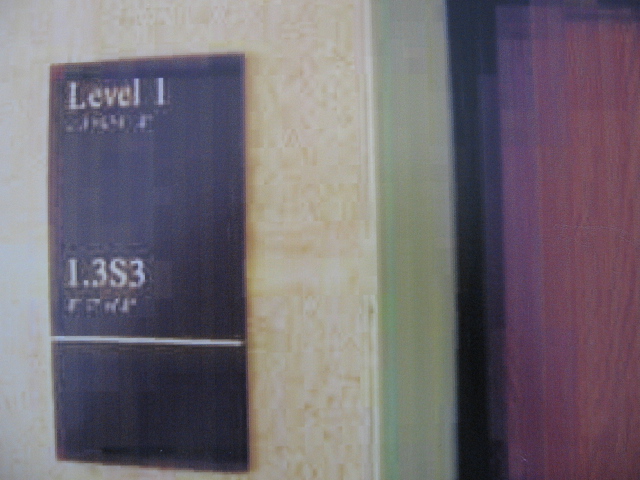














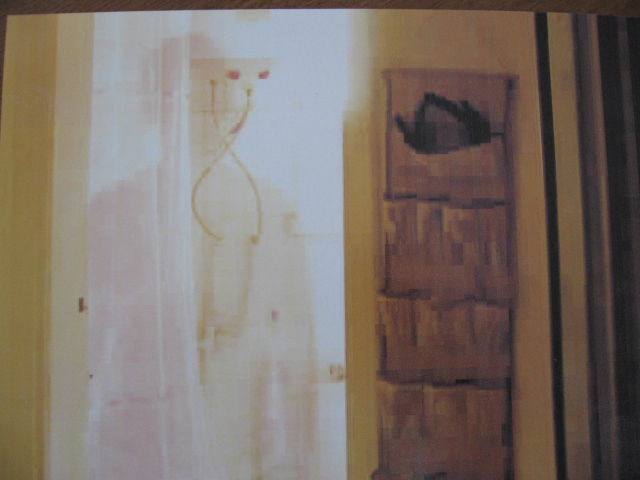

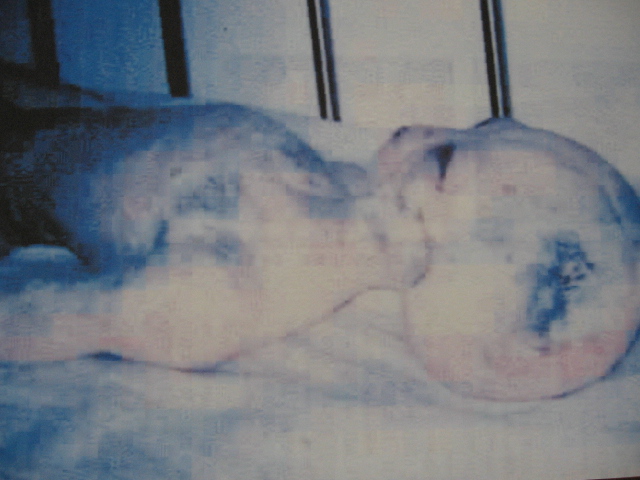


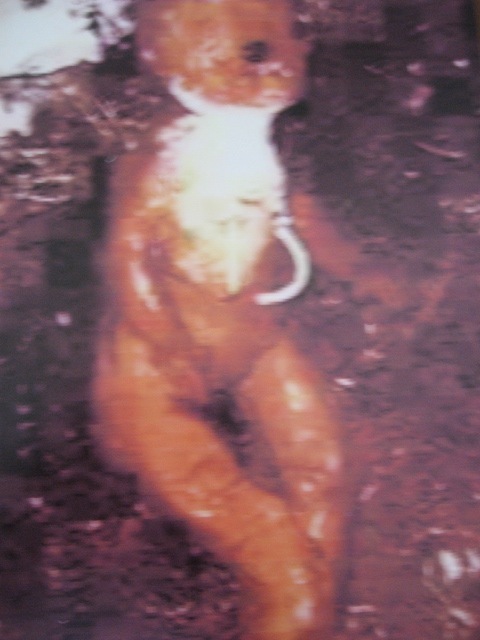





















 Hail the Kings Dream and our Queens Loove
Hail the Kings Dream and our Queens Loove 
 Honoring the despairlike emotional charges of celestials, who having lost their planets/suns to wars, machines, Ai and borgs seems a theme reflected here as well with the obvious recollection, that "Humanity is Screwed!!", whichjust shows how importand it is to find there as well remedy!!!! Blessed Harvest
Honoring the despairlike emotional charges of celestials, who having lost their planets/suns to wars, machines, Ai and borgs seems a theme reflected here as well with the obvious recollection, that "Humanity is Screwed!!", whichjust shows how importand it is to find there as well remedy!!!! Blessed Harvest 








